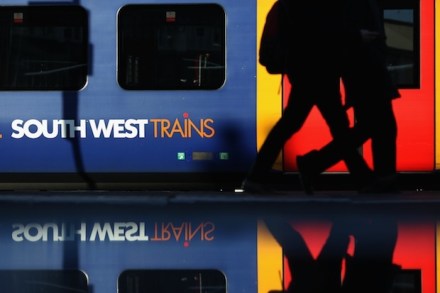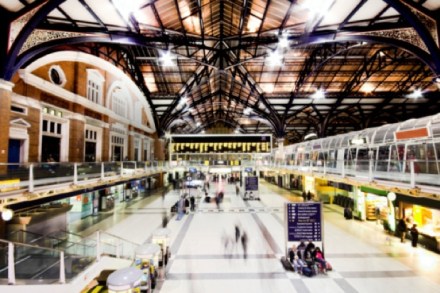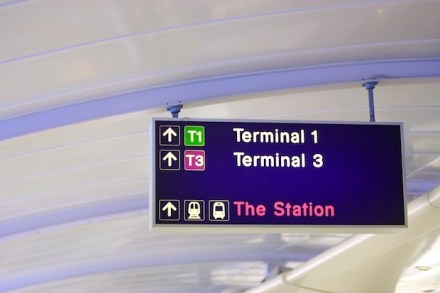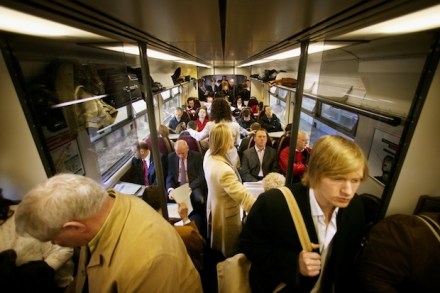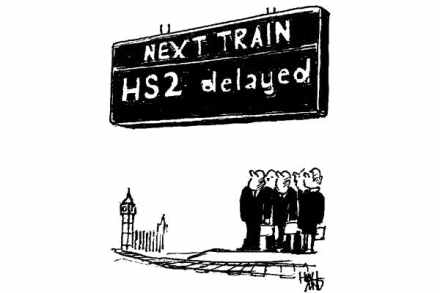Spectator letters: Why Aids is still a threat, elephants are altruistic, and crime has gone online
Aids is still deadly Sir: Dr Pemberton (‘Life after Aids’, 19 April) subscribes to the now prevalent view that we have turned the corner on Aids. Well only up to a point, Lord Copper. There are now about 100,000 HIV carriers in the UK, and in London, where Dr Pemberton works, as in the rest of the UK, reports of new diagnoses of HIV infection are continuing at much the same rate as before. These diagnoses are too often of individuals who have been infected for years, and are liable to have passed HIV on to others. It is also estimated that as many as one fifth of all HIV-infected individuals

